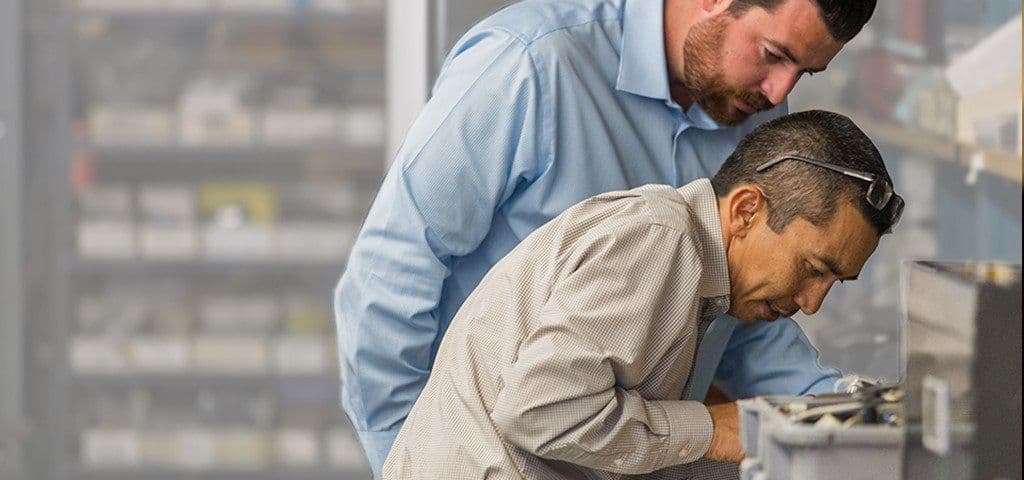Why Do We Calibrate Our Audiometric Equipment?


Basics of Calibration
A couple of years ago, we asked an E3 technician, Scott Lamb, to give audiologists the low down on why we do calibration of our equipment. He was so thorough, we used his information to create a webinar which can be viewed on Audiology Online. This blog will summarize the why and how of audiometric equipment calibration.
The manufacturers of audiometric equipment recommend calibration by a certified technician. The reason we do this is to ensure accuracy and consistency. There are a couple of reasons it is important for examiners to have confidence that the parameters set on their hearing testing equipment reflect what are being presented to the patient. First, accurate diagnoses: when an audiologist makes a diagnosis, it has implications that will affect the patient moving forward. Whether the diagnosis indicates medical intervention, hearing aid recommendations, or no action, it is critical that the results used to generate the plan for the patient be accurate. Second, consistency: if a patient goes from one clinic to another clinic, it is expected that the results will be the same. Calibration sets the audiometric equipment to national or international standards to ensure that they behave in the same way – this gives us the best chance for accurate and consistent results.
It is recommended the audiologist follow the calibration requirements of their local authority such as individual state licensure requirements. Almost always, annual calibration is recommended. Some facilities, especially really busy ones, will do more frequent calibrations since their equipment is getting very high use. In addition to ensuring the output is what is expected, calibration is a time when the overall function of your machine is evaluated. Things like cables, wires, firmware or software, and accessories are often evaluated to make sure they are up to date. This practice helps avoid errors in testing due to routine accessories. Between calibrations, it is recommended that examiners perform a daily listening check on each piece of equipment to verify function.
For a more detailed look at how calibration is performed and what equipment and standards are used for calibration, watch our webinar, “Why does my equipment need calibration? Basics of Calibration” on Audiology Online.